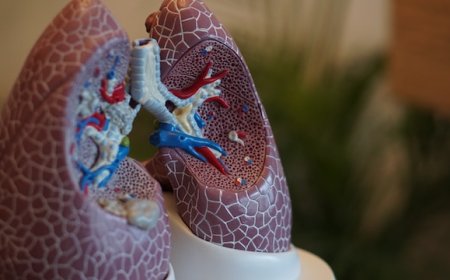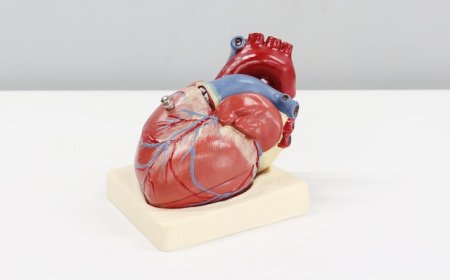Meet the Tiny Creatures Living Inside You that are Shaping Your Health
Discover the wonders of your body's unseen world: the human microbiome. Learn how these tiny organisms impact your health and what you can do to support them

Unlocking the Mysteries of Our Inner Ecosystem
Imagine you had an invisible world inside your body, a bustling metropolis of trillions of residents, each playing a crucial role in your health, mood, and overall wellbeing. Welcome to your microbiome, an integral part of you that most of us know very little about.
The term 'microbiome' may sound intimidating, but it simply refers to the vast community of microorganisms, including bacteria, fungi, viruses, and other microbes, living in and on our bodies. These tiny tenants outnumber our own human cells by a ratio of about 1.3 to 1, making us more microbial than human!
Our microbiomes are as unique as our fingerprints, varying widely from person to person. They are influenced by factors such as our diet, lifestyle, environment, and even the way we were born.
A Microbial Metropolis Within Us
Our bodies are like a bustling city for these microorganisms, with different regions favoring different types of residents. The most densely populated area is our gut, specifically the large intestine, which houses the vast majority of our microbial inhabitants – our gut microbiota.
These microbes are not just passive residents; they are hard workers, contributing significantly to our health and wellbeing. They help us digest our food, produce essential vitamins, bolster our immune system, and even influence our mood and behavior.
The Gut-Brain Connection: How Microbes Influence Our Mood
Increasingly, scientists are uncovering fascinating links between our gut microbiota and our brain, a connection known as the gut-brain axis. The bacteria in our gut can communicate with our brain via neural, hormonal, and immune pathways, influencing our stress levels, mood, and even our behavior.
Exciting research suggests that a healthy, balanced gut microbiota could potentially help manage conditions such as depression and anxiety. It's a revolutionary idea – that by looking after our gut health, we could potentially improve our mental health.
Feeding Your Microbes: The Role of Diet in Shaping Our Microbiome
Diet plays a crucial role in shaping our microbiome. Just like us, our microbial tenants need food to survive and thrive. What we eat can have a significant impact on the diversity and health of our gut microbiota.
A diet rich in fiber, such as fruits, vegetables, whole grains, and legumes, is beneficial for our microbes. These foods contain prebiotics, which are essentially food for our beneficial bacteria. On the other hand, a diet high in processed foods and sugars can negatively impact our microbiota's diversity and health.
The Future of Health: Personalized Nutrition Based on Our Microbiome
In the future, we may see personalized nutrition plans based on our individual microbiomes. Scientists are already developing tests to analyze a person's gut microbiota and provide tailored dietary advice to improve health and wellbeing.
Understanding our microbiome opens up a whole new world of possibilities for improving our health. It's an exciting frontier in science and health, and we are only just beginning to scratch the surface.
So the next time you think you're alone, remember the trillions of microscopic friends inside you, working tirelessly to keep you healthy. It's time to give them the recognition they deserve and take steps to nurture our incredible inner ecosystems.
In the vast and mysterious universe of our bodies, we're never truly alone. After all, we've got trillions of microbes for company. And when it comes to our health and wellbeing, they might just be the best friends we have.
Disclaimer: The image(s) featured in this article are for illustrative purposes only and may not directly depict the specific concepts, situations, or individuals discussed in the content. Their purpose is to enhance the reader's understanding and visual experience. Please do not interpret the images as literal representations of the topics addressed.
What's Your Reaction?













































































































